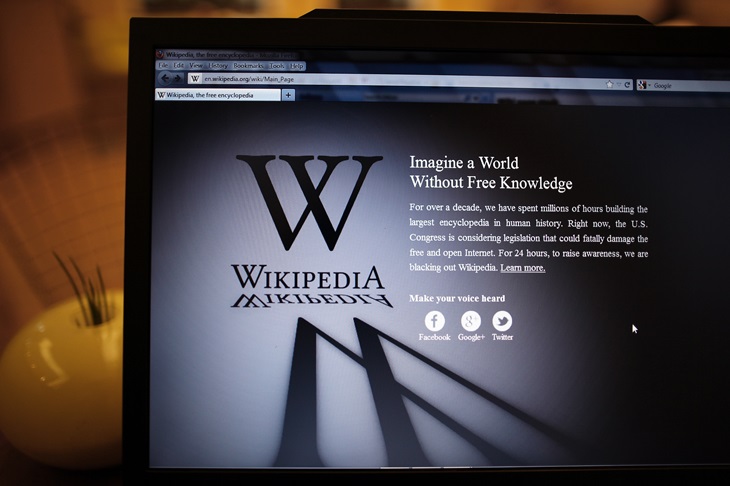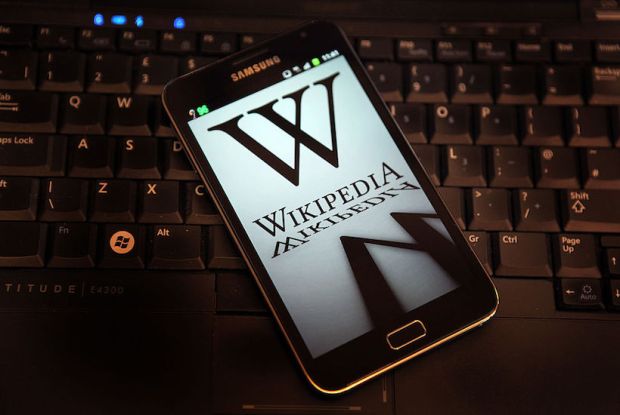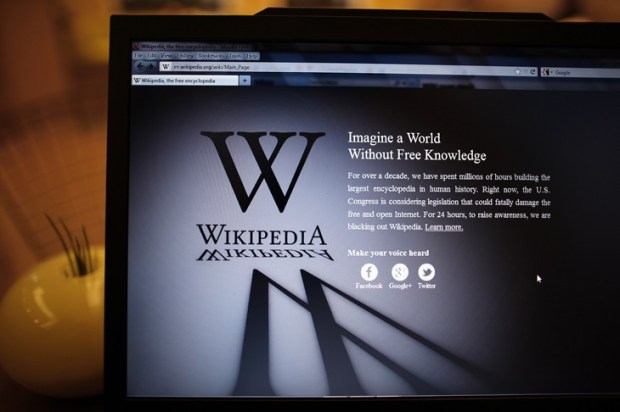In the realm of social media, Wikipedia isn’t a platform that comes to mind. It isn’t thought to possess hate speech, misinformation, let alone antisemitism. Rather, Wikipedia presents itself as a well-sourced, crowd-generated, free encyclopaedia, relying on consensus building and the neutrality of editors. The aim is ‘to inform, not influence’.
Already a subscriber? Log in
Subscribe for just $2 a week
Try a month of The Spectator Australia absolutely free and without commitment. Not only that but – if you choose to continue – you’ll pay just $2 a week for your first year.
- Unlimited access to spectator.com.au and app
- The weekly edition on the Spectator Australia app
- Spectator podcasts and newsletters
- Full access to spectator.co.uk
Or


























Comments
Don't miss out
Join the conversation with other Spectator Australia readers. Subscribe to leave a comment.
SUBSCRIBEAlready a subscriber? Log in